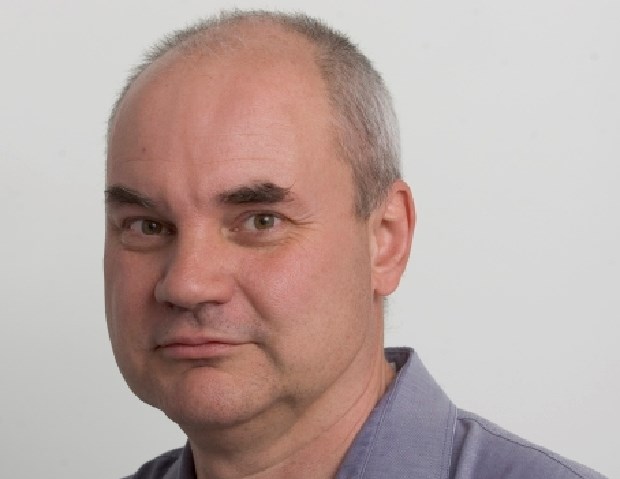Here’s what you need to know about Tuesday’s provincial budget:
If you smoke, it will cost another two bucks a carton as of Oct. 1.
If you have a child age six or under, there’ll be a one-time $1,200 grant for Junior’s post-secondary education. (Feel free to glare resentfully at any older offspring.)
There’s some terribly exciting news if you own a greenhouse, we think.
There’s money to replace Oak Bay and Belmont high schools, which we knew already, and the old North Saanich Middle School property will be sold, which we didn’t.
There’s absolutely no money for anything that anybody promises you in the May 14 provincial election campaign. No Socred-style Blacktop Politics solution to the Malahat. No new facilities for the mentally ill. Old Gordon Campbell priorities like global warming and the new relationship with aboriginals have fallen right out of sight, may soon appear on Celebrity Apprentice with other has-beens like Marilu Henner and Dennis Rodman.
No about-face on B.C. Ferries — the $26-million worth of service cuts will go ahead (though we won’t know where they will be until after May’s vote). No tax breaks for the film industry. No chicken in every pot, or pot in every chicken. When it comes to dangling pre-election goodies, these guys suck. Or are fiscally responsible. Take your pick.
The big announcement Tuesday was that this will be a balanced budget — a forecast that in the past would have been a guaranteed vote-getter. No more. Given recent history, with wild, 10-figure swings between what was promised and what was delivered, we have more confidence in Lance Armstrong’s autobiographies than we do in any black-ink projections. The Harlem Shake will last longer than the numbers released Tuesday.
Blowing a budget used to have consequences, as the New Democrats found out after riding to re-election on the strength of what became known as the Fudge-It Budget in 1996. The NDP called the election mere hours after declaring B.C. would wind up the fiscal year $16 million to the good, when the reality, which emerged only after the votes were counted, was more than $300 million in the opposite direction.
The party lost the public’s trust and never regained it. In 1998, when NDP finance minister Joy MacPhail projected a deficit of a mere $95 million, a reporter asked her why she didn’t simply tweak the figures a bit and predict a surplus. “Because you wouldn’t believe me,” she replied. She was right.
The Liberals were even farther off the mark with the budget they brought down prior to the election of 2009. What was supposed to be a deficit of no more than $495 million somehow grew to $1.8 billion after the votes were in.
It isn’t just a question of politicians twisting the figures to shape the result they want. Governments can control spending, but revenue projections are often beyond their control. Two years ago, the final accounting came in more than $1 billion better than anticipated. A year later, it was $1.5 billion to the bad. The $968-million deficit originally forecast for the current budget last February had grown to almost $1.5 billion six months later.
That’s the context in which we have to look at Finance Minister Mike De Jong’s projection of a $197-million surplus for the coming year. Sounds like a comfortable bulge, but the truth is it’s a paper-thin margin — less than one half of one per cent — on a $44-billion budget.
Million, billion, gazillion — the numbers are so huge, and so uncertain, as to be beyond comprehension. We are left to contemplate the budget bits we can wrap our heads around, like the extra $2 for a carton of cigarettes. (By the way, just 14 per cent of British Columbians smoke, down from 20 per cent in 1999; at this rate the province should be down to three smokers, paying $45,000 per cigarette, by the end of the century.)
Should the figures seem too mind-boggling, remember this: The entire budget could be scrapped after May’s election.



